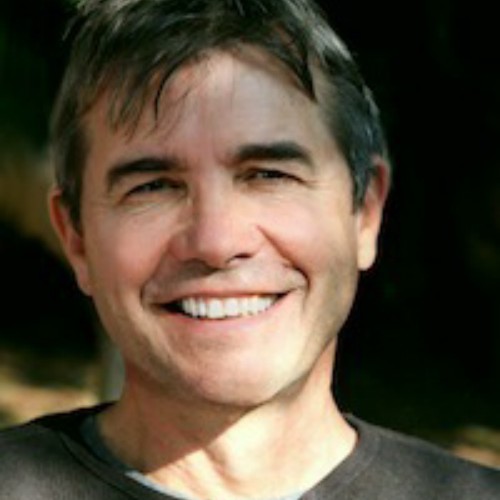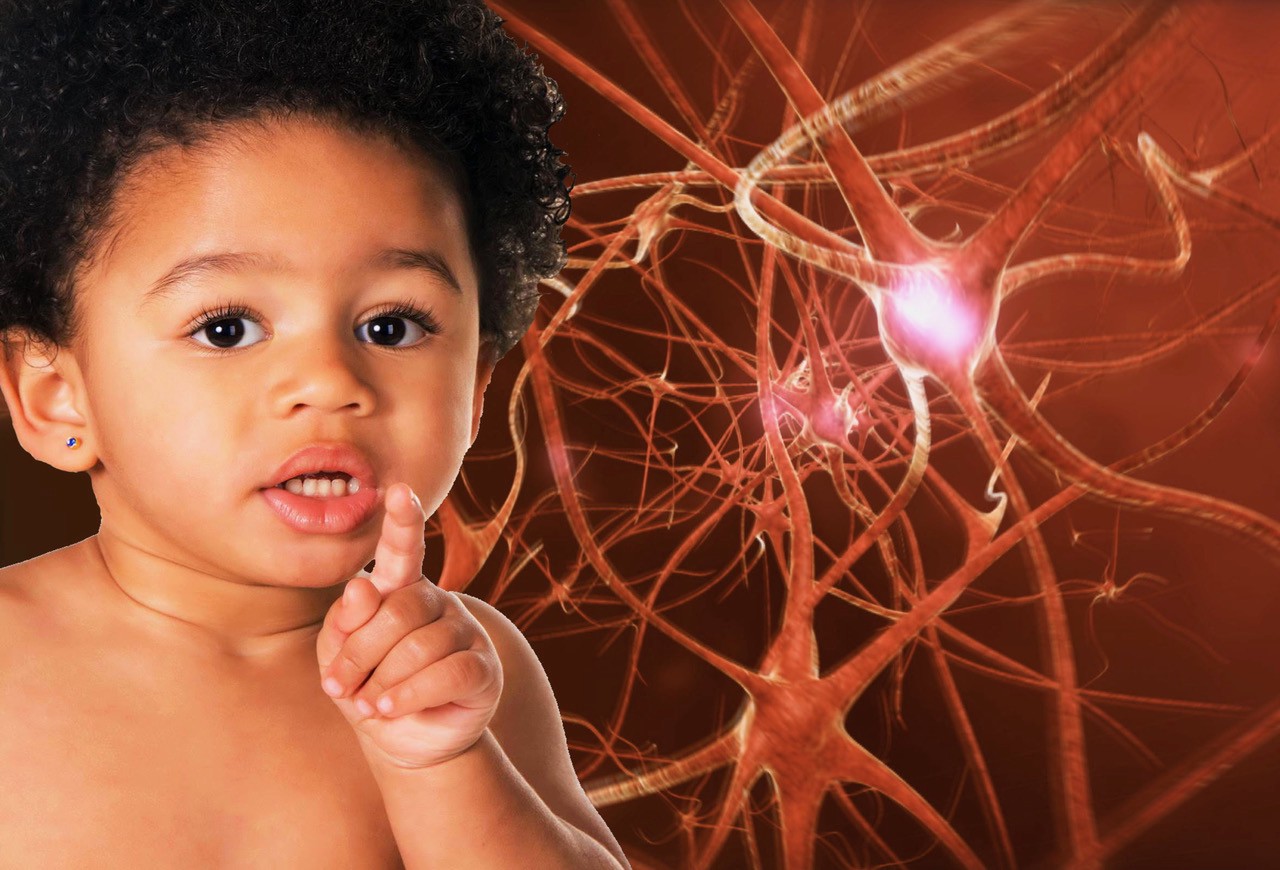As a grandfather, I have often found myself attempting to comfort young parents, worried about their infant’s development, telling them: “Some kids just don’t start talking till three or even older and then as adults they become great orators! The same with crawling, walking and running. Stop the worry!”
But it was different when I became a father again at 65.
On day one, I found myself searching my new son’s beautiful face for hints of intelligence and development — when would he lift his head, crawl, pull himself up; speak his first words?
And, yes, I worried. Even more than the first time around.
Maybe this was because I now had the time to stop, stare and wonder if he’d be okay. But slowly the thing in me akin to some form of competition was replaced by a growing awe. And a different kind of wonder.
Why hadn’t I been overwhelmed with wonder before? And why haven’t I been constantly filled with wonderment by everyone of us — the way each of us has developed into being able to move through the world, even those of us with so-called disabilities.
If we discovered any one of us on Mars we would be absolutely agog with our capabilities!
And what if that being on Mars could speak? For me speaking has been the most wonder-full development of all. How does that even begin to happen? What is it that goes on within each of us as we go from helpless infant to having the ability to use words, to sing, to connect with each other?
Research tells us that the best time to learn languages (a couple of them, actually) is when we are tiny (one and a half to four years old), and we learn better than any student at Harvard, Stanford or Oxford.
But actually, this genius starts before infancy, because in the womb children take in words, hear sentences, process the tone of voices that are outside. And in terms of the mother, we actually feel what she feels because — when she speaks or is spoken to — the hormones that make up the mother’s emotional state cascade through the placenta, into the developing child.
So, well before we are born, we are taking in the nuance, subtext and the emotional content of words. And there’s more!
When the brain is first forming we have always assumed that it is the most primitive part that comes “online” first, the reptilian brain, so-called. But cutting-edge science, using the most sophisticated technology — 4D magnetic resonance imaging (MRIs) — has discovered that it is the posterior cingulate cortex that develops first.

The posterior cingulate cortex is a region “associated with higher order cognitive functions,” notes Moriah Thomason at the Merrill Palmer Skillman Institute for Child and Family Development. She goes on to say that this is a region “important for retrospective thought.”
And then there’s Robert Leech and David J. Sharp, writing in 2014 that the “interactions” of the PCP region “with other brain networks may be important for conscious awareness.”
Dr. Thompson, who appears in our documentary, In Utero, suggests that the reason this “conscious awareness” comes online first is because a manager-of-sorts is needed to oversee the profound complexities of fetal development.
I find these recent discoveries and theories extremely helpful as I have attempted to process my little son taking in the world — his tiny eyes and his ears, his mouth latching onto his mother’s breast less than an hour after taking his first breath — a mouth that would one day speak.
At first there was just babbling. But as most of us know, that’s not nonsense. The brain is building a complex relationship with the mouth, practicing, exploring, working towards reproducing what has been heard since floating in utero.
And then there’s that first word; and then a dozen words; and then words that neither his mama nor I had uttered in months, maybe years. But here he was, using them correctly and often with nuance. Did he have some sense of them from before birth?
We need more research to begin to unravel this miracle of speaking and of all the other miracles that go into making us what we are and how we-come-to-be.
The dictionary defines a miracle as “a surprising and welcome event that is not explicable by natural or scientific laws.” And yet I’ve seen that as human development begins to be explained by science, it becomes even more miraculous, more wonder-full!
This seems critical as science comes under such withering attacks from our current U.S. President and his Party (although, frankly, science has always been under attack because it delivers undeniable data that demands we rethink what we think).
And where is it more important to rethink what we think than with human development, especially when science has put forward that how we think begins at nearly the very start of who we are.
How much better could future generations think — solve problems, work together, be more human, evolve — if we worked far harder at protecting, nurturing and genuinely understanding the dynamics of what is emerging (thanks to science) to be the most critical time in our lives — our time in utero?
Originally published at medium.com


